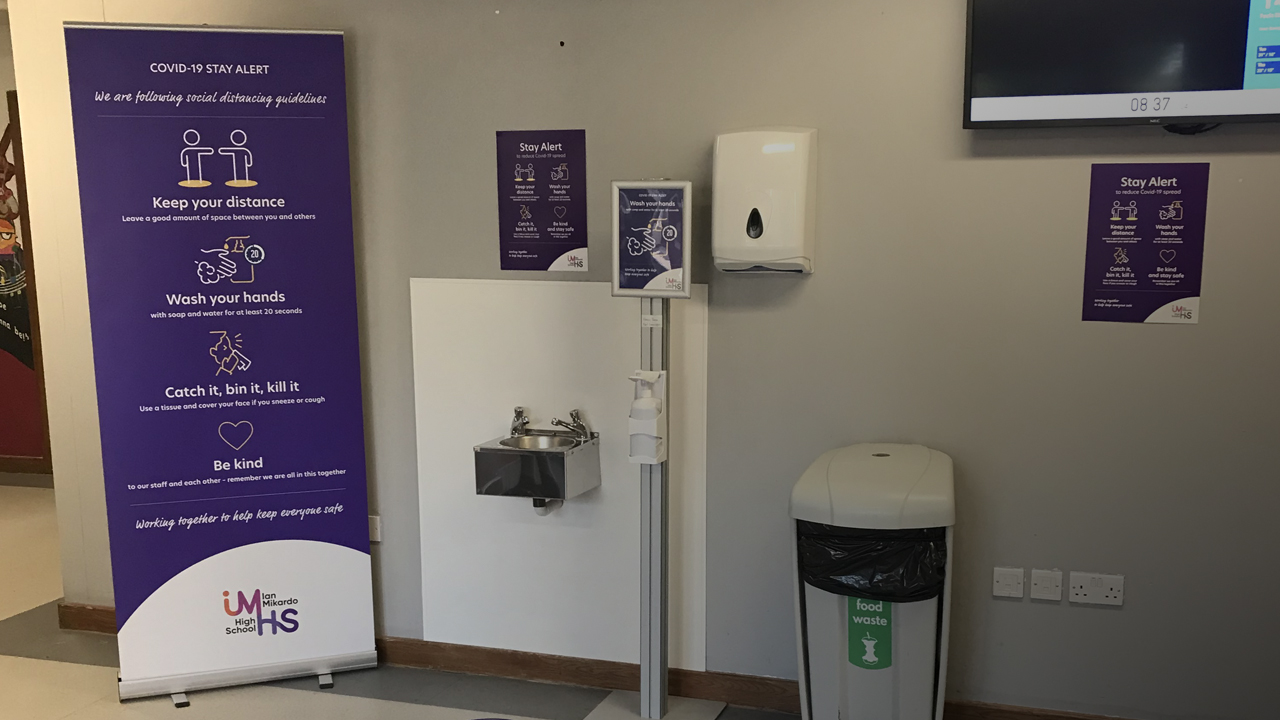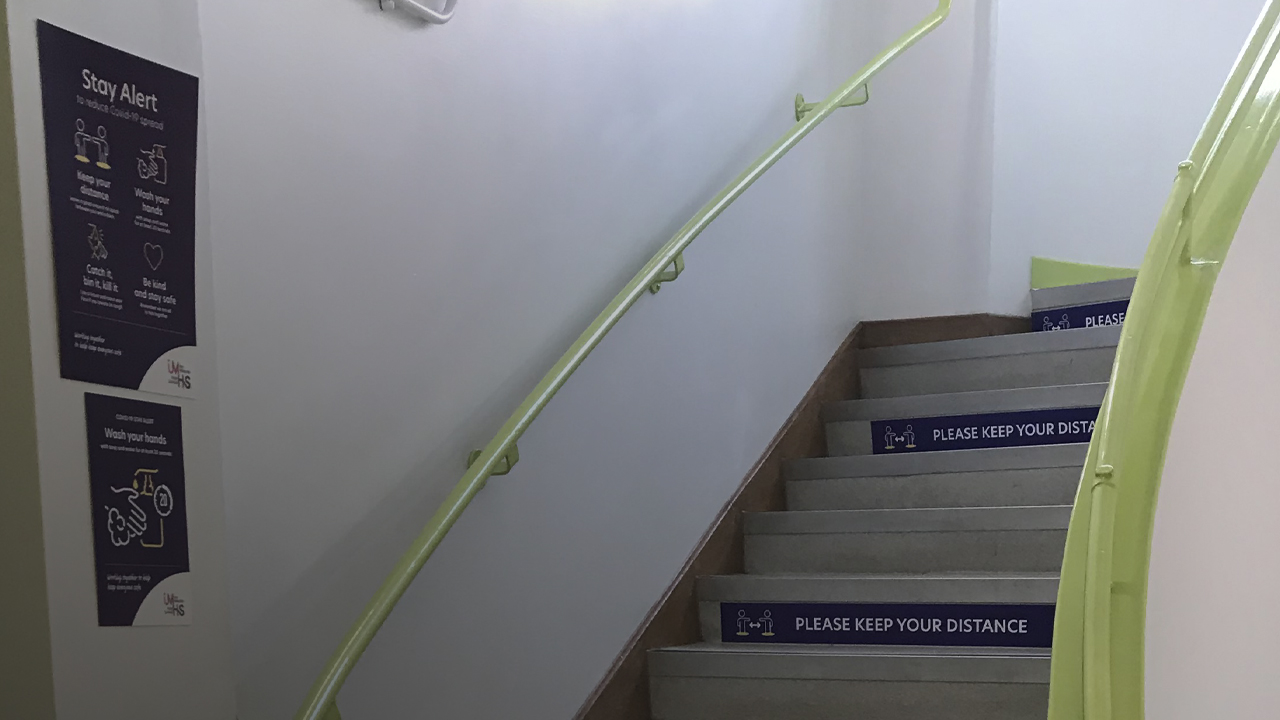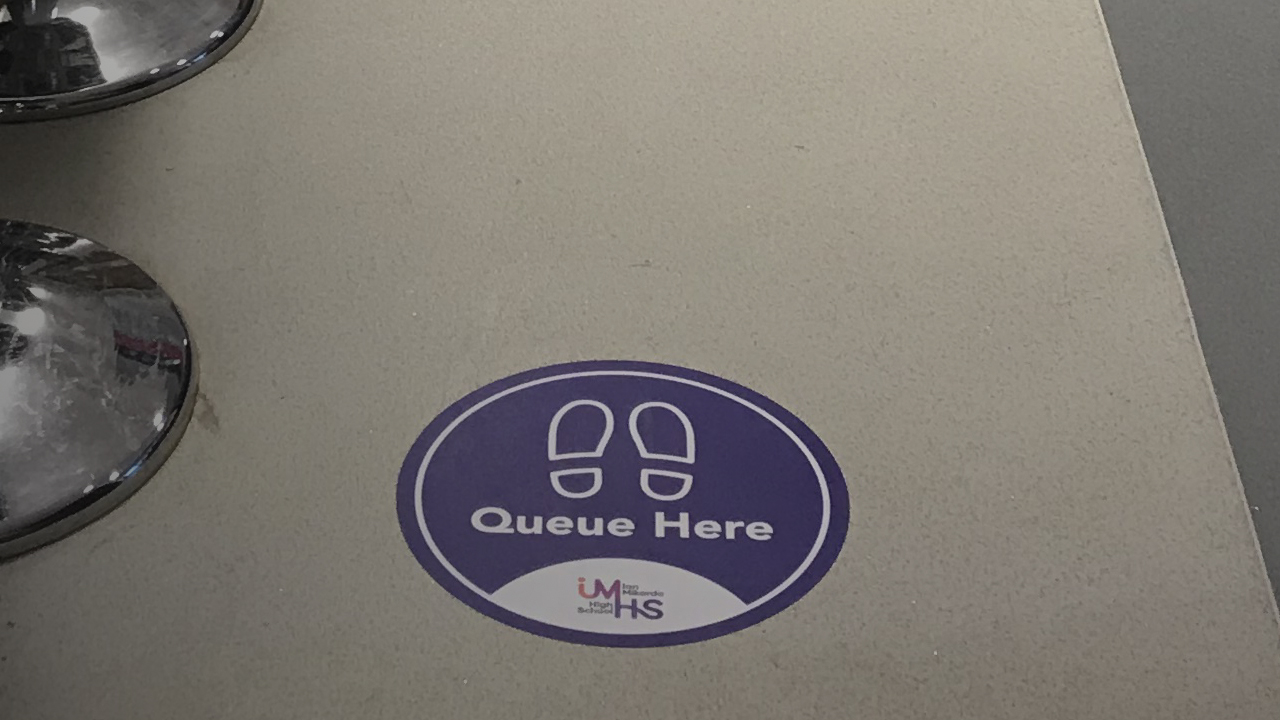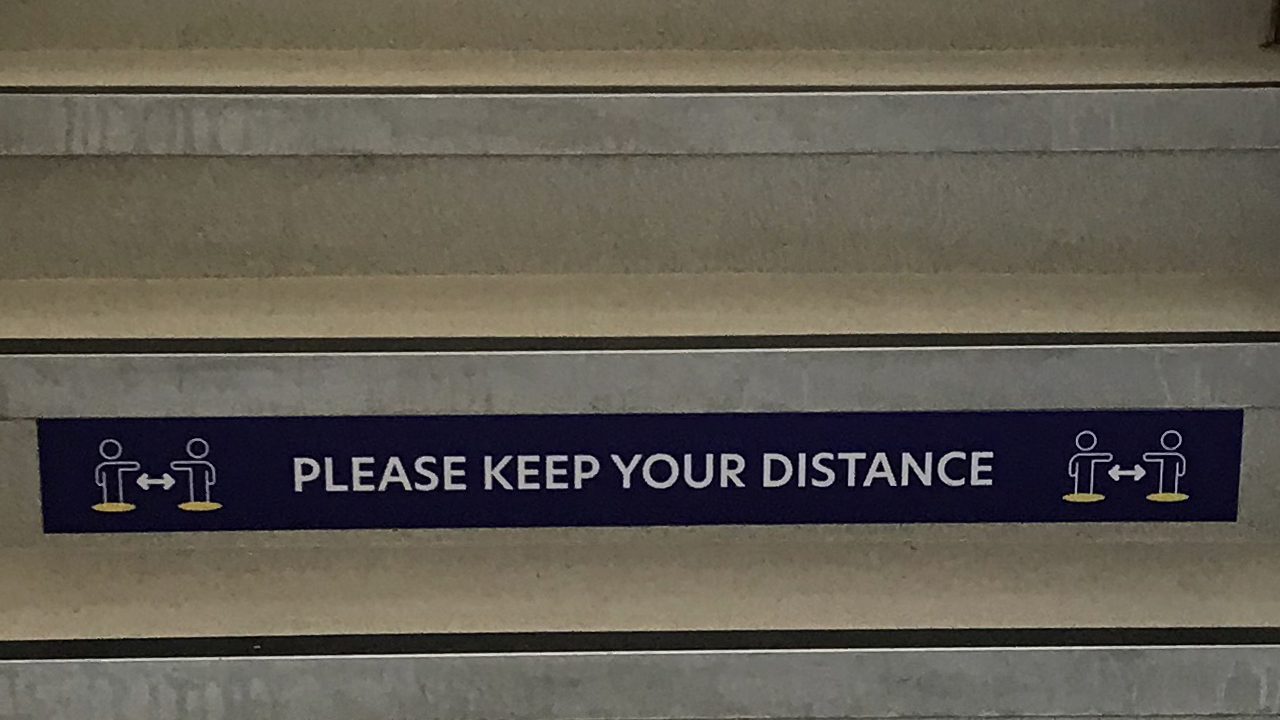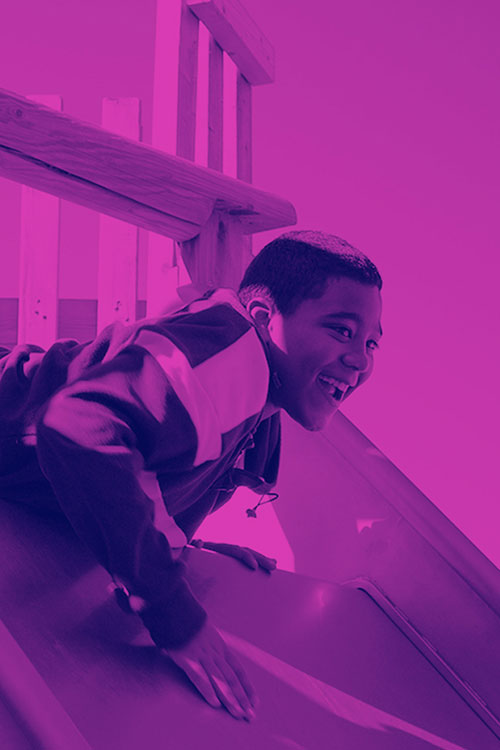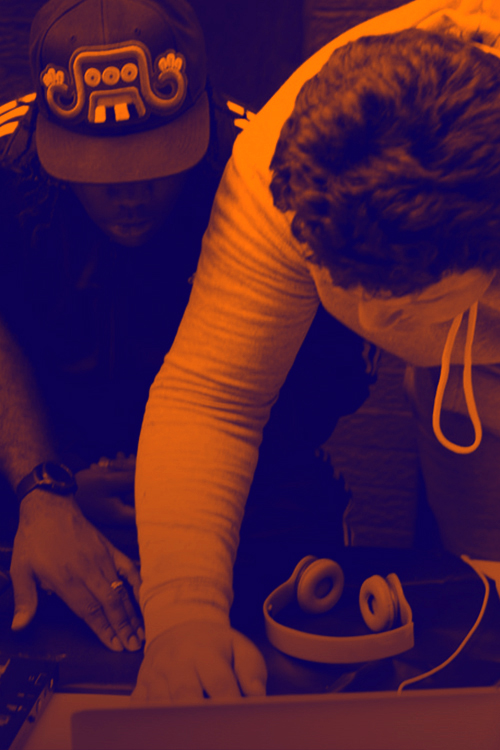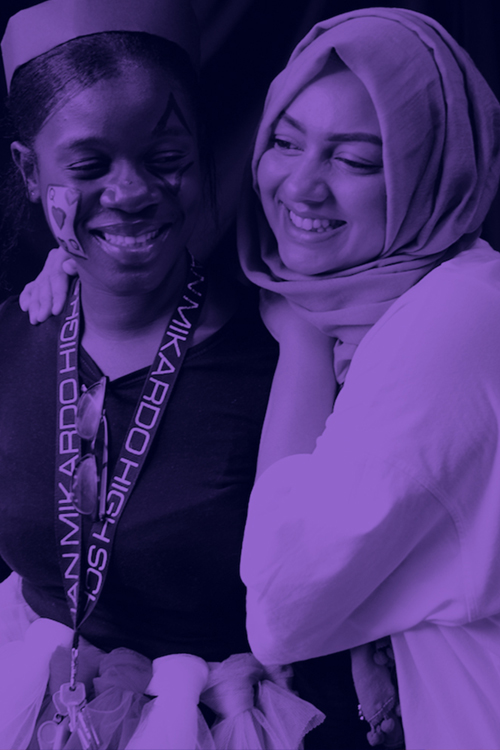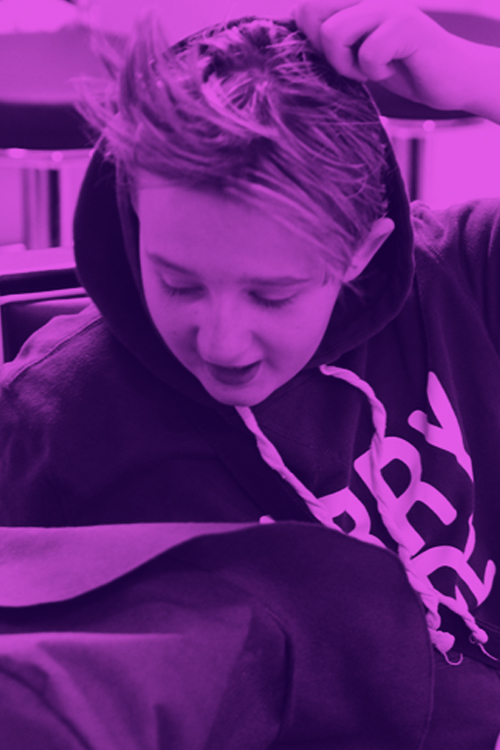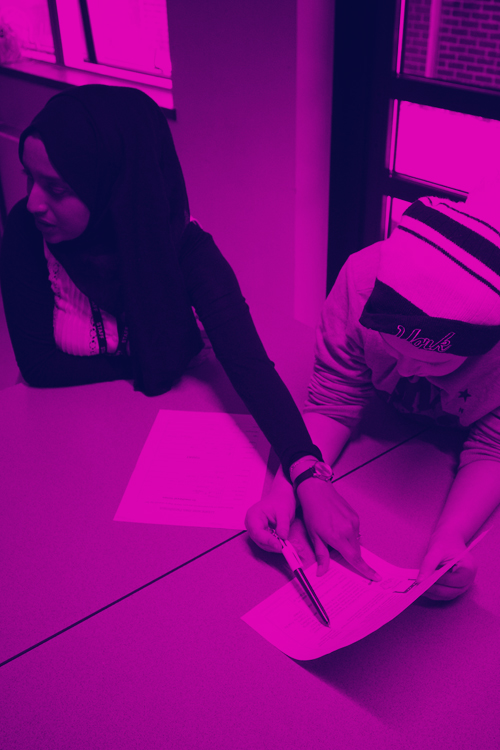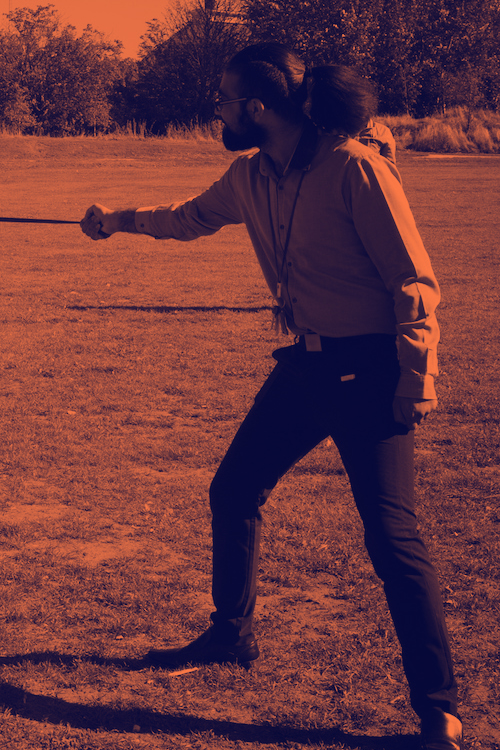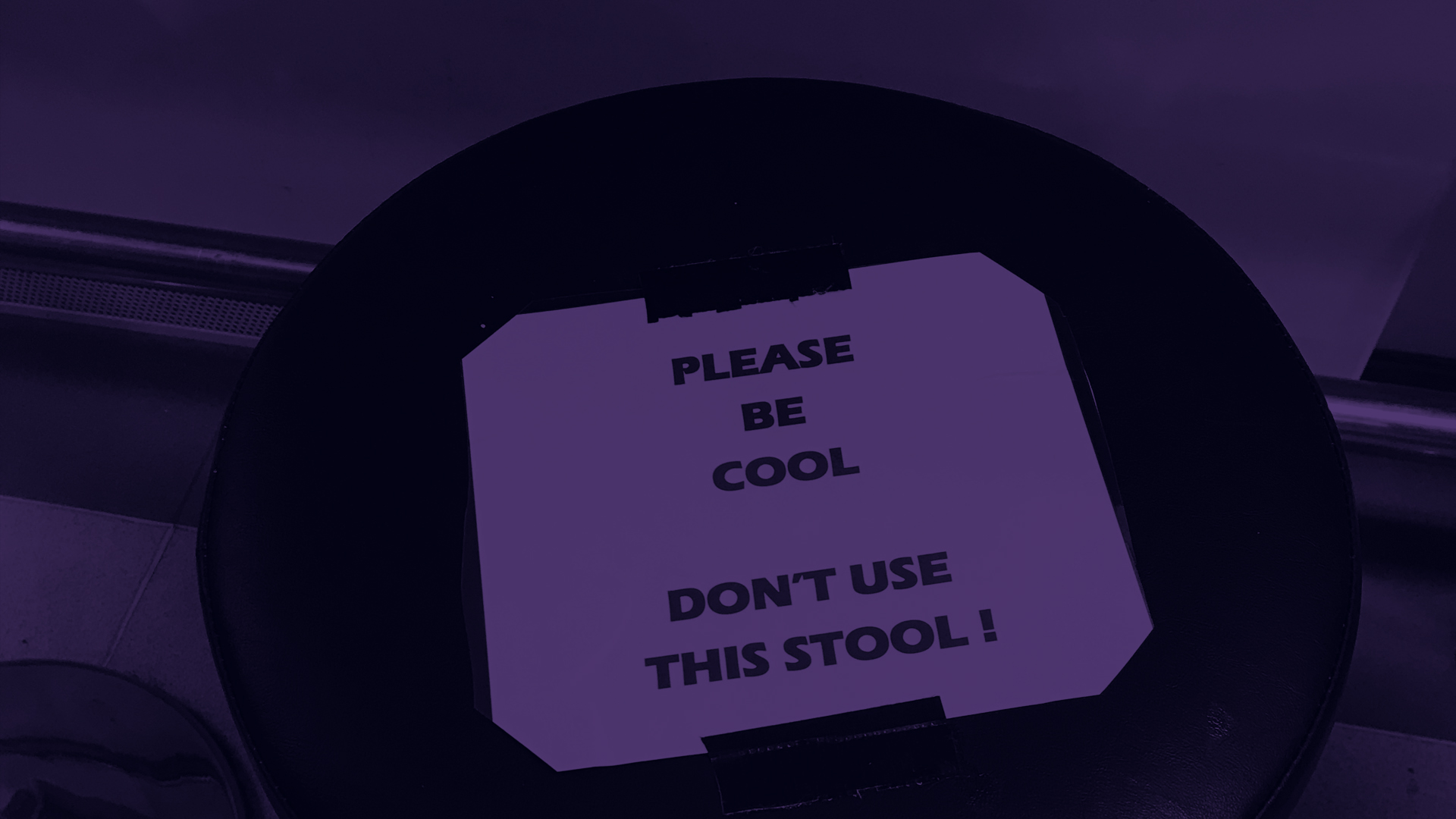
We warmly welcome our students and staff back to school for the autumn.
We understand that these are worrying times and want to reassure you that Ian Mikardo High School remains a supportive,
safe environment where our students’ welfare and wellbeing always comes first. We are thankful to our community for working with us, making us collectively stronger in these difficult times.
Learn more about the measures we are taking to keep you, your family and our community safe as well as finding out how you can help, on this page.
Helping you stay safe
Frequently Asked Questions
-
How is the school keeping me safe?
We have put thoroughly thought-out systems in place that take every step of a student’s school day into consideration. These are in accordance with government guidelines and are designed to keep our community safe, whilst ensuring our staff and students feel welcome and supported. These measures include, but are not limited to:
Transportation
Students who travel with a chaperone or driver observe social distancing in their vehicles, and are encouraged to wear a mask if they are able and not exempt. Students will be provided with a mask if they do not have one.
Arrival at the school
Each student is greeted by a member of staff who will guide them through the hygiene process. This includes:
- ● Hand sanitisation upon arrival with hand sanitiser provided by the school
- ● Careful removal and safe disposal or storage of their personal mask, and replacement with a clean mask for use in the school building for non-exempt students
- ● Handwashing followed by further sanitisation
Each student’s specific needs are taken into account, and staff adopt a responsive, communicative approach to ensure the individual feels secure, looked after and reassured.
Breakfast
We have introduced ‘grab bags’ to avoid queuing.
Lesson time
Staff are proactive in supporting and guiding socially responsible behaviour, using positive reinforcement and communicating calmly and clearly. We aim to lead by example, demonstrating best practice through our actions and encouraging replication of responsible behaviours. We have also put the following measures in place to ensure safe learning stations:
Ensuring social distancing
- ● Different student groups have been allocated different days to attend the school grounds, external activities, or learn from home to help implement social distancing
- ● As well as minimising the number of students within the physical building each day, we have sectioned the school into ‘Learning Zones’. Each group is allocated an area where they will be based and taught throughout the day
- ● Furniture has been arranged to ensure safe distances are observed when seated
- ● Sports activities will continue to take place either outdoors or in the gym, ensuring there is good ventilation
Frequent and thorough sanitisation
- ● Hand sanitisers are readily available and use is encouraged throughout the day, particularly when moving between learning stations. We have also installed more sinks throughout, facilitating more handwashing
- ● Staff are stringent in their sanitization of work areas and equipment after each class
- ● The school is deep cleaned at the end of each day, with a particular focus on sanitising communal areas
- ● Students are allocated their own equipment in each lesson and will not share any materials, such as stationary or tools
- ● Games which require multiple people to touch the apparatus are, for the time being, no longer allowed
Lunchtime
We have allocated two areas for dining to ensure social distancing is easily observed. Staff will be on hand to help students maintain a safe distance whilst also being able to socially interact.
Going home
Students are called downstairs once their method of getting home arrives; this avoids congregating. Masks worn in school are safely disposed of at the end of each day, and any personal masks will be returned for the journey home.
-
As a parent or carer, what can I do to help?
Help us to lead by example
We are committed to keeping our community well informed of any changes to protocol and advice relating to Covid, and will continue to model best practice for our students verbally and by example. We ask that you continue to help support our staff and students by having open conversations with your children about their responsibility: towards themselves and towards others. This can include:
- ●Encouraging regular handwashing
Reminding your child to wash their hands before leaving for school in the morning and as they return will help to reinforce the importance of good hygiene practices. Likewise encourage them to carry and use hand sanitiser outside of the house- ●Sharing spaces with consideration
At home and in public, please help your children maintain an awareness of the advised 2 metre rule by respecting the personal space of others- ●Clearing up after themselves
Encourage your children to clear up after themselves after meal times and activities. This helps to model and instil a sense of personal responsibility that will help keep them and their community safePlay it safe if your child feels unwell
If your child feels unwell and has symptoms that might be Covid related, please follow the steps detailed below rather than sending them to school
Please avoid coming to the school
We have limited the number of visitors to the school to help keep our community safe. We are always on hand to discuss any concerns over the phone, and encourage parents and carers to contact us rather than coming into school. If necessary, we will arrange for an in person meeting on site following an initial call.
-
What shall do if my child seems unwell?
Check if their symptoms could be those of Covid
If your child has a continuous cough, a high temperature, or has recently lost their sense of taste or smell, please do not send them to school. Please also be aware of some of the less common symptoms, which you can see in detail here. To check if your child’s symptoms could indicate the virus, please consult the NHS website.
If you are not sure whether your child’s symptoms are Covid related contact NHS 111, either online or by dialling 111. You can also contact our Welfare Team who are happy to advise. If in doubt, always stay at home and do not come into school.
If you think your child may have Covid your household should stay at home and you should contact the NHS straight away to order a free test. You should also contact our Welfare Team who are happy to support you through this process, and will do everything we can to help.
You and your household will have to isolate until you have received the test results. For more information about the testing process, visit the NHS website.
-
How do I know if my child needs a test and where do I get one from?
Check your child’s symptoms using the NHS 111 symptom checker, either online or by calling 111. If you think that your child’s symptoms indicate Covid, order a free test immediately. Your whole household needs to isolate (remain indoors) until the results of the test have been received. For more information about the testing process, visit the NHS website.
-
What happens if my child becomes unwell at school?
If a child presents with symptoms in school they will be sent home immediately or isolated in the one-on-one learning room (adjacent to the Welfare Office) until they can be picked up. The individual needs of the child will be taken into careful account should this situation arise, and every precaution will be taken to ensure their safety whilst maintaining the safety of our school community.
-
My child has a pre-existing medical condition, do they have to come to school?
For those who suffer with a medical condition that would previously have categorised them in the critically vulnerable or critically extremely vulnerable group you will have been advised that it is now safe to return to school. We understand, though, that this can be a worry for some of you.
For advice on keeping your child safe now that they have returned back to school, you can learn more on the NHS website’s page for those at higher risk. Or contact our Welfare Team to arrange for a detailed discussion about how we can continue to support you. -
How are we supporting your child emotionally?
We understand that the pandemic has had a significant impact on the emotional wellbeing of many of our students, and we consider supporting their mental welfare in this difficult time a vital part of our response measures. We are:
- ● Providing space for students to express and reflect on the challenging circumstances they have been facing
- ● Creating opportunities for engagement, discussion and understanding as a part of our learning programme
- ● Respecting and responding to each child’s unique set of needs whilst being mindful of the safety of others
We ensure this through initiatives such as our lanyard system that allows children and staff alike to indicate without explanation that they are exempt from wearing a mask.
This encourages individual responsibility whilst modelling the need for empathy in the context of wider society
- ● Providing one-on-one access to our school Mental Health & Wellbeing practitioner, Jason Levine, who will be increasing his availability over the terms ahead
If you feel that your child would benefit from one-on-one support with Jason, please speak to the Welfare Team or our deputy head, Lisa, who will be happy to discuss and facilitate this for your child.
Useful Contacts
For support from within the school
Contact our Main Office and they can put you in touch with the right person or department
Telephone: 020 8981 2413
E-Mail: admin@ianmikardo.com
Alternatively, you can email:
Lisa Tharpe
Deputy Head (IMHS) Trust Safeguarding
and Compliance Reporting Lead
lisa.tharpe@ianmikardo.com
Tracey Headlam
Assistant Head Teacher and (DT)
Designated Teacher for Looked After Children
tracey.headlam@ianmikardo.com
Designated Mental Health Lead
Deputy Designated Safeguarding Lead
Jason Levine
Jason.levine@ianmikardo.com
Attendance and Welfare Coordinator
Deputy Designated Safeguarding Lead
Hazera Begum
hazera.begum@ianmikardo.com
Welfare and Family Support Practitioner
Rachel Roberts
Rachel.roberts@ianmikardo.com
Lead Inclusion and Welfare Practitioner
Designated Safeguarding Lead
Lynn St Phillip-Ross
lynn.st.phillip-ross@ianmikardo.com
For help outside of school
For advice if your child is unwell, contact:
NHS 111 either online or by calling 111
For welfare and emotional support:
Government Advice
NSPCC, offering support and guidance for parents and carers
Young Minds, Parents Helpline: 0808 802 5544
Childline, for how to help your child cope with feelings of overwhelm
For advice for how to keep children safe online:
The National Crime agency
Internet matters
Parent Info
London Grid for Learning
NSPCC Net Aware
For issues of domestic violence:
If you are in immediate danger call 999 and ask for the police.
If it’s not safe to talk, alert them by pressing 55.
If you are not in immediate danger, the following helplines are advised:
Safe Lives, for information and helplines
For Economic Abuse
Tower Hamlets Victim Support 020 7364 7957 Ext. 2448
Freephone 24 hour National Domestic Abuse Helpline 0808 2000 247
The Women's Aid's online chat service, open from 10am-12pm Monday-Friday
Men's Advice Line 0808 801 0327
If you are concerned you may be causing harm to another, call the Respect helpline 0808 802 4040
